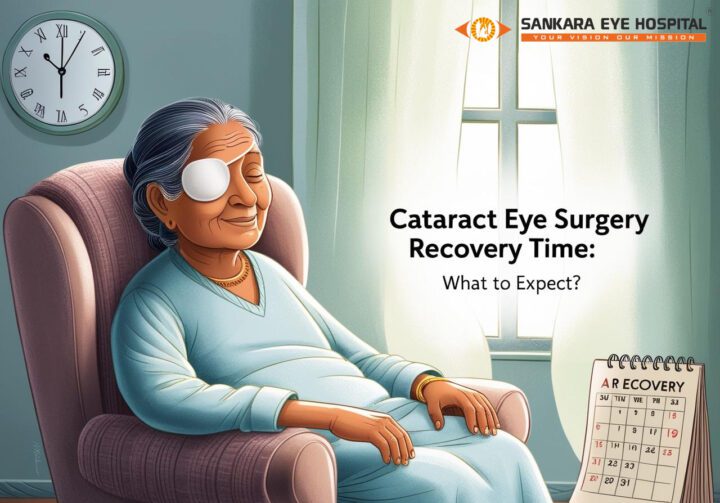Which lens is best for cataract surgery
Which lens is best for cataract surgery
Choosing the Right Cataract Lens: A Comprehensive Guide
Introduction:
Cataracts are a common vision problem that often comes with aging, and the need for cataract surgery is inevitable for many individuals. One crucial decision that patients face during this process is choosing the type of lens to be implanted. With advancements in medical technology, there are various options available, each with its unique features and benefits. In this comprehensive guide, we will explore the different types of cataract lenses and help you understand which lens is best for cataract surgery, for your specific needs.
Understanding Cataract Lenses:
Monofocal Lenses:
Monofocal lenses have been the traditional choice for cataract surgery for many years. They offer clear vision at one fixed distance, either up close or at a distance. Patients who choose monofocal lenses typically rely on glasses to correct any residual vision issues. While these lenses provide excellent clarity for the chosen distance, they may not be ideal for those who want a full range of vision without glasses.
Multifocal Lenses:
Multifocal lenses, on the other hand, are designed to provide clear vision at various distances. They incorporate different prescriptions within the lens, allowing for improved near, intermediate, and distance vision. This means less dependence on glasses for daily activities. However, it’s essential to note that multifocal lenses may cause some visual disturbances, such as glare or halos, especially in low-light conditions.
Accommodating Lenses:
Accommodating lenses are designed to mimic the eye’s natural ability to adjust focus. These lenses move within the eye, responding to changes in gaze distance. While accommodating lenses aim to provide a more natural vision, they may not be suitable for everyone, and results can vary among individuals.
Toric Lenses:
Toric lenses are specifically designed for individuals with astigmatism, a common condition where the cornea or lens has an irregular shape. These lenses can correct both cataracts and astigmatism simultaneously, providing clear vision without the need for additional corrective measures.
Factors Influencing the Choice of Cataract Lens:
Lifestyle:
Consider your daily activities and lifestyle when choosing a cataract lens. If you are an avid reader or spend a significant amount of time on a computer, multifocal lenses might be a suitable choice. For individuals with an active outdoor lifestyle, a monofocal lens optimized for distance vision might be preferable.
Budget:
The cost of cataract surgery and lens implantation can vary based on the type of lens chosen. While monofocal lenses are often more budget-friendly, multifocal and accommodating lenses may come at a higher cost. It’s crucial to discuss financial considerations with your healthcare provider.
Health Factors:
Certain health factors, such as the presence of other eye conditions or diseases, may influence the choice of cataract lens. Your eye surgeon will assess your overall eye health and recommend the lens type that aligns with your specific needs.
Patient Expectations:
Communicate your expectations with your eye surgeon. If reducing dependence on glasses is a priority, multifocal or accommodating lenses may be suitable. Understanding the potential side effects and limitations of each lens type will help manage expectations and ensure satisfaction with the chosen lens.
Conclusion:
Choosing the right cataract lens is a personal decision that should be made in consultation with your eye care professional. There is no one-size-fits-all solution, and the best lens for you depends on various factors, including your lifestyle, budget, and overall eye health. Advances in technology have provided patients with a range of options, allowing for a more personalized approach to cataract surgery. By understanding the different types of lenses and considering your individual needs, you can make an informed decision that enhances your vision and quality of life. Always consult with your eye care specialist for personalized advice tailored to your unique situation.




